1 Views· 29 June 2022
Ray Dalio: 95% Of ALL Investors Will Miss This 10X Investment
Interested in seeing my full portfolio with explanations along with buy and sell alerts? Join my research platform here: https://www.patreon.com/casgains
In this video, I cover why Ray Dalio, the founder and CIO of the largest hedge fund in the world, is bullish on Chinese stocks.
Ray Dalio's article on Chinese assets and policies: https://www.linkedin.com/pulse..../understanding-china
Casgains's Recommended Investing/Business Books: https://docs.google.com/spread....sheets/d/1DI8ca5GLEf
My Second Channel:
https://www.youtube.com/channe....l/UCPkDot_lMk7HB_c68
Twitter: https://twitter.com/casgains
Instagram: https://www.instagram.com/casgainsacademy/
Contact for business inquiries only: casgainsacademy@gmail.com
Over the past few months, China’s crackdowns on its tech giants have led many investors to doubt the future of Chinese stocks. Cathie Wood recently sold almost all of Ark’s Chinese holdings and many others have done the same too. Amidst the negative sentiment, Ray Dalio believes that everyone is making a huge mistake. Dalio is the founder and CIO of the largest hedge fund in the world, Bridgewater Associates. He believes that almost all Westerners have completely misunderstood China’s recent moves. This video will go in-depth on why Dalio is betting big on China’s future and why he thinks everyone is entirely wrong on China’s latest policies. Welcome to Casgains Academy. If you’re new to the channel, please consider subscribing for more content like this, and let’s get right into it.
Ray Dalio is not like a typical fund manager in the way he manages money. Everyone knows about the idea of high-risk and high-reward. In the stock market, if you take on more risk, then your potential reward increases. While that sounds logical, Dalio doesn’t see it that way. Unlike other fund managers, he focuses on low-risk and high-reward. This is called the pure alpha strategy. Simply looking at a fund manager’s portfolio returns would be short-sighted, because returns don’t include risk. Investing in more volatile assets can lead to extreme upwards and downwards swings. The typical retail investor might be fine with that, but Dalio focuses on high net worth clients that are often risk-averse. One statistic named alpha takes risk into consideration. Alpha is a number that represents someone’s risk-adjusted return, which is calculated by taking an investor’s return and subtracting it by their portfolio’s volatility. Dalio focuses purely on alpha by generating the highest return with the lowest volatility. To do this, he uses investments that counteract each other to lower overall volatility while still keeping high expected returns (do a scale with Stocks on one side, and Bonds on the other side). One of Dalio’s most famous funds is the all-weather portfolio, which has consistently generated high returns with low volatility.
Some of you may know about how China recently took down Didi from Chinese app stores. The Cyberspace Administration of China accused Didi of illegally collecting user data. We literally saw China take down the largest ridesharing app in the country in a blink of an eye. This led Didi stock to fall by 35% since Didi’s IPO in July. The other event that shocked many investors was when China announced that the education sector would become non-profit. This instantly tanked the shares of many Chinese education companies. TAL Education, New Oriental, and Gaotu Techedu stock are all down over 85-95% in the past six months. These two events among others have led investors to be fearful of China’s future policies. Nonetheless, Ray Dalio sees the situation completely differently. In Dalio’s perspective, he thinks that China has been increasingly capitalistic over the past few decades. The Chinese government’s recent policies are just a small part of a long-term trend to maximize the well-being of its citizens. In a recent article, Dalio said, “[Most Western observers] interpret moves like those two recent ones as the Communist Party leaders showing their true anti-capitalist stripes even though the trend over the last 40 years has clearly been so strongly toward developing a market economy with capital markets, with entrepreneurs and capitalists becoming rich. As a result, they’ve missed out on what’s going on in China and probably will continue to miss out.” Dalio’s statement can be directly contrasted with Cathie Wood, who recently stated that she was concerned about China’s latest moves. In Ark’s monthly market webinar, Cathie mentioned how she thinks the incentive for Chinese citizens to work has diminished. In essence, Cathie thinks China is moving closer to communism, whereas Dalio believes that China is moving closer to capitalism. So how is it possible that Dalio thinks China is still capitalistic despite the government’s recent moves?











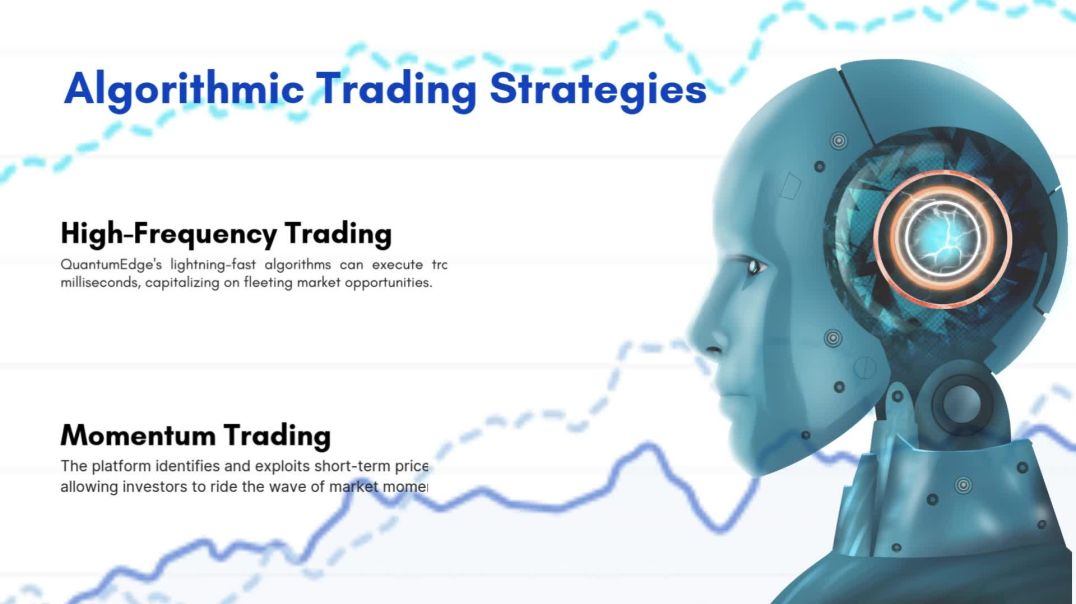
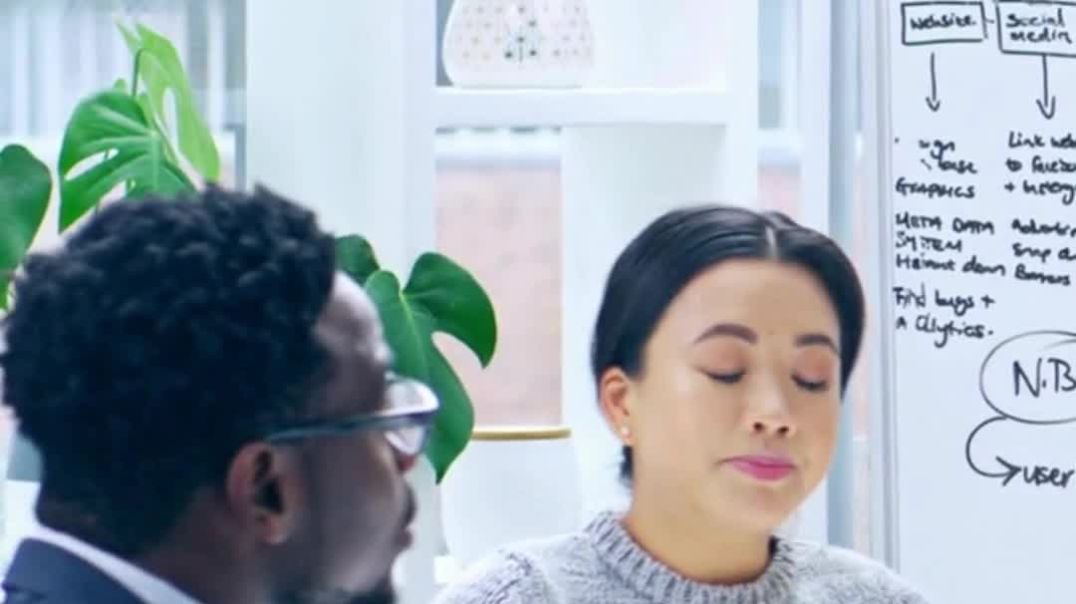


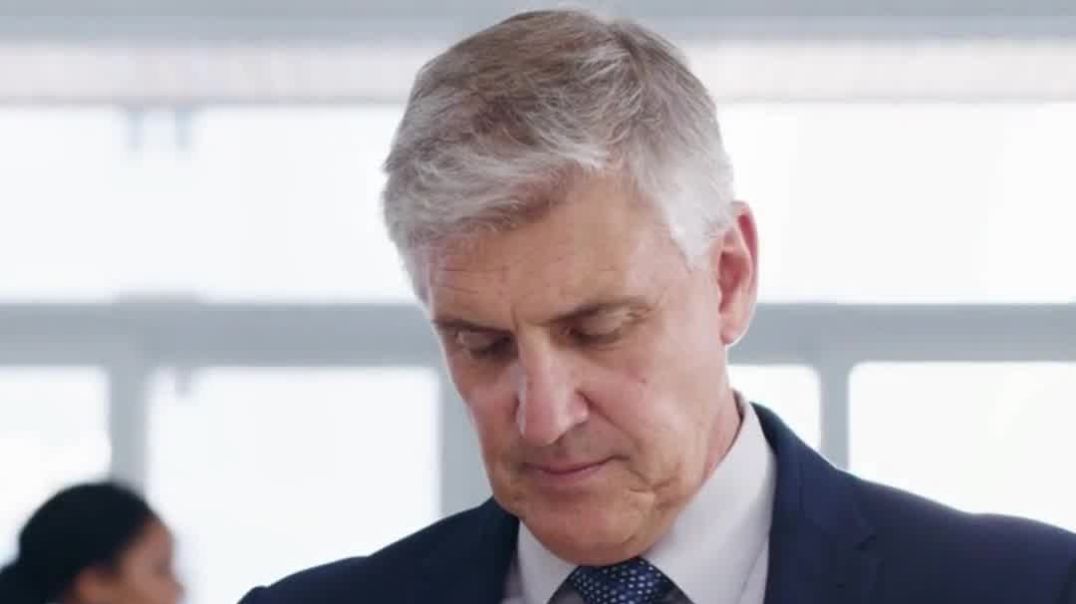


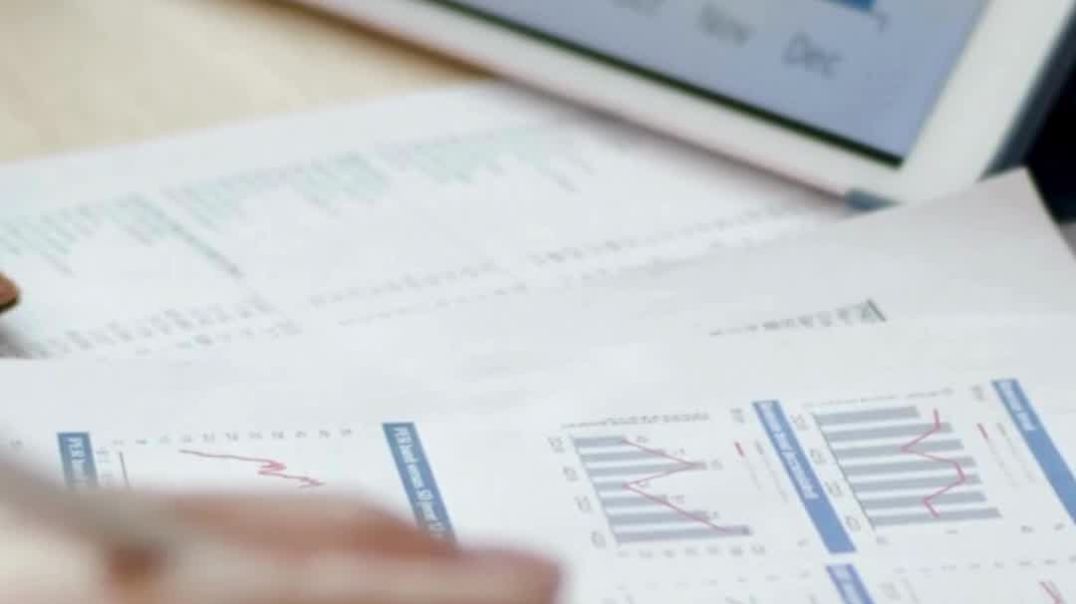
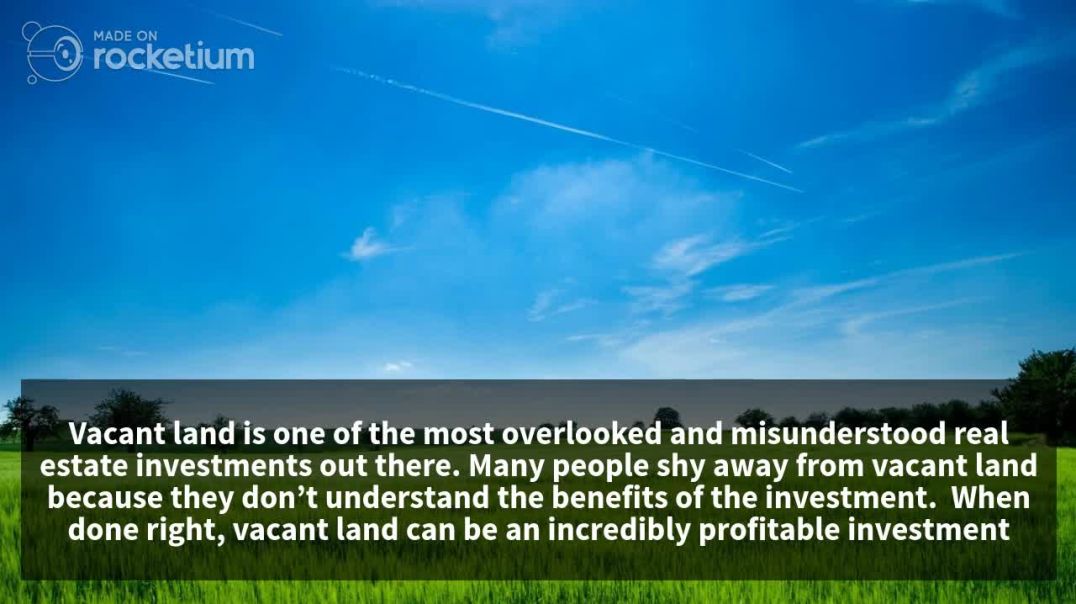







0 Comments